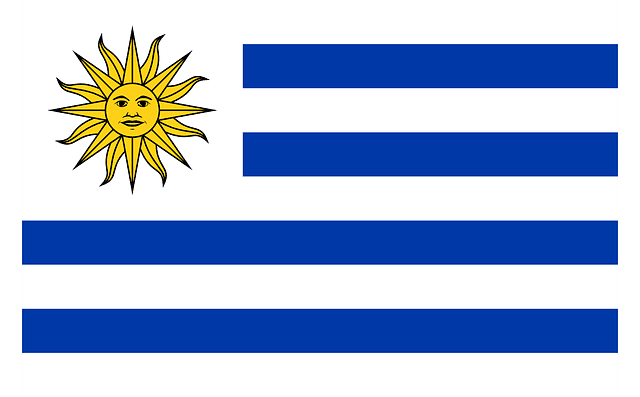
When it comes to studying abroad and in a different country like Uruguay, it can be a taxing moment when it comes down to researching what available scholarships there are to pursue. From government grants, to university entrance scholarships that are handed out upon sending in the submission admissions application.
We will break down what scholarships and fellowships are available in each country, along with the title of those scholarships. This way it can be much easier during a student’s research when they decide to look up the full details of that scholarship to see if they are an eligible match.
Along with scholarships, we will place any internships or work-study programs that may be readily available for international students.
Below is a list of scholarships available to both domestic citizens of Uruguay and international students interested in studying in the country.
Scholarships in Uruguay:
- Boren Scholarships- Undergraduates can get up to $20,000
- Asylum Seekers and Refugees Scholarship
- Saint Patrick’s Day Greening Scholarship
- Taught Master’s Scholarships
- Chevening Scholarships for citizens of Uruguay
- Eiffel Scholarships in France for International Students
- KTH Scholarships
- University of Geneva Excellence Masters Scholarship
- Scholarships for the Diploma in Digital Tools for Tourism
- UDELAR Scholarships at the University of the Republic of Uruguay
- $1,000 Corinne Jeannine Schillings Scholarship
- Leiden University Excellence Scholarships (LexS)
- University of Twente Scholarships (UTS)
- Radboud Scholarship Program for International Students
- Pittsburgh Metropolitan Area Hispanic Chamber of Commerce Scholarships
Students can find more scholarships by visiting university websites and see if their country is eligible for funding.
Student Visa in Uruguay
When it comes to a student visa, students will need to have the correct documentation to show they are a resident or citizen of the current country they live in.
Yes, international students will need to acquire a student visa before arriving in Uruguay. As standard procedure it is easier on the student to acquire a student visa before arriving so there is no problems with crossing the border into the country. At times, it can be difficult for student upon arrival if they do not have all of their paperwork stating which university they are attending in Uruguay, or what they intend to study. Along with not having a student visa to all the student to stay the full academic term.
Learn the Local Language
This is one of the bigger points for any country. Each country releases a huge amount of ‘language scholarships’ that is dedicated to the students who are currently learning the local language and who intend to pursue a higher education in the cultural history of Uruguay.
Each country will have a language proficiency exam to place ethe student in classes where they are familiar with the language. This is a regular occurrence to ensure that the student does not immediately fall behind in their coursework because simply they do not understand the language.
Most universities will place international students into free language programs so the students can begin basic level exercises to help them to learn the local or official language of the country.









